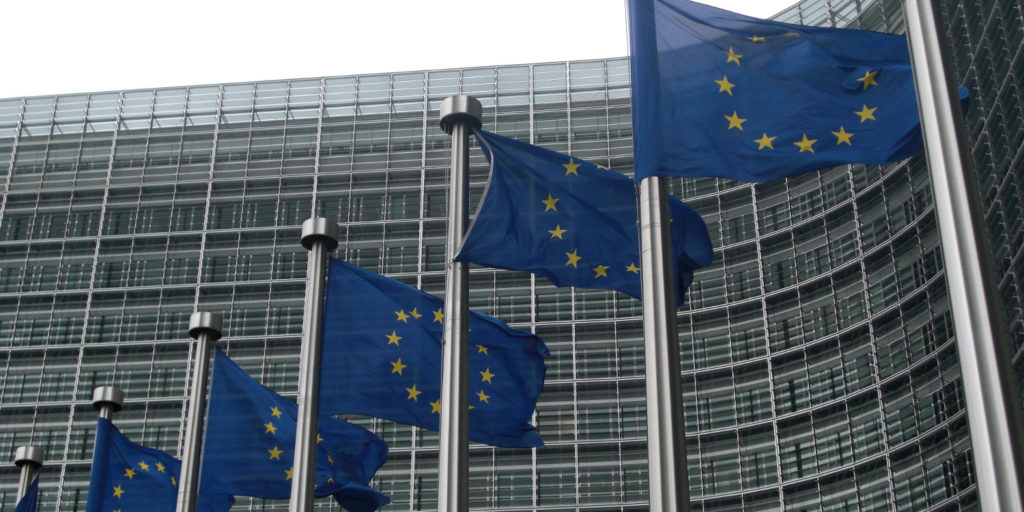EU Member States debated at a meeting held on Thursday on the European Commission's proposal to introduce a new procedure for establishing the minimum import price for Chinese solar modules.
Under the new system, which was originally proposed by the EC in July, the EU will no longer use the Bloomberg index to set the minimum price in the future, while minimum import prices for solar cells and modules will be gradually reduced based on the price level of the Taiwan PVInsight index by September 2018. This proposal was supported only by one member state, while 13 countries opposed and 14 abstained, according to Solar Power Europe. Therefore, the EC is now free to implement the proposal in the current form or to change it before the final publication.
To find a good solution for all interested parties, however, remains difficult. The trenches run directly through the photovoltaic industry. On the one hand, Solarpower Europe, which calls for an end to the anti-dumping measures, and on the other EU Prosun, which in the name of the photovoltaic manufacturers demand effective protection for the domestic industry.
There is also no unanimity between the two sides on new minimum import prices for solar modules or solar cells. A document from the EC, to which pv magazine had access, shows that the next adjustment of the minimum import price is scheduled for October 1. The minimum import prices for solar modules should then drop to €0.39/W for multicrystalline solar modules and to €0.44/W for monocrystalline solar modules, by two cents respectively. Further reductions may be introduced at a later stage, if the new regulation comes into force. Then the minimum import price for solar modules would then be €0.37 and €0.42/W for modules and €0.19 and €0.23/W for solar cells. By July 1, these prices should be €0.18 and €0.21/W for the cells, and €0.30/W for both multi- and monocrystalline solar modules.
Christian Westermeier, President of Solar Power Europe, said on Friday: “The Directorate-General for Trade felt the pressure and reduced the MIP price just days before the vote.” He agrees with EU Prosun that no one in the photovoltaic industry believes that the proposed the regulation is a good solution. The planned reduction of the minimum import prices, SolarPower Europe said, set a price of solar panels around 30% higher than today's market price. The association added it does not know yet the exact date of entry in to force of the new regulation, but it is likely that it will be applicable as of October.
“The new antidumping prices are below international manufacturing costs. They are de facto dumping prices themselves. This makes a farce out of EU antidumping law,” said Milan Nitzschke, President of EU Prosun. Moreover, there is doubt that the proposal supports the intention to end the antidumping measures by September 2018, Westermeier from SolarPower Europe said: “We are seriously concerned with the effect the new MIP will have on solar in Europe. Prices that are significantly higher than the market will obviously harm solar deployment.”
As for the cost bill, Milan Nitzschke explains: ” The prices of solar installations in Europe have fallen by 72 percent in the last 10 years. Without minimum prices, it would be 74 percent – hence, only 2 percent more, since the minimum import prices apply only to solar cells and modules, which make up only a part of the solar power system. The abolition of antidumping measures would be marginal for customers but disastrous for producers.” As a consequence, EU Prosun called on the EU to change its plans for the protection of the European solar industry before the final decision.
The EU Commission is expected to publish the final results of its interim review in September. It had initiated the proceeding in March after which it previously decided that the minimum import prices, anti-dumping and anti-subsidy measures for the Chinese photovoltaic producers in Europe should be continued for 18 months.
This content is protected by copyright and may not be reused. If you want to cooperate with us and would like to reuse some of our content, please contact: editors@pv-magazine.com.




By submitting this form you agree to pv magazine using your data for the purposes of publishing your comment.
Your personal data will only be disclosed or otherwise transmitted to third parties for the purposes of spam filtering or if this is necessary for technical maintenance of the website. Any other transfer to third parties will not take place unless this is justified on the basis of applicable data protection regulations or if pv magazine is legally obliged to do so.
You may revoke this consent at any time with effect for the future, in which case your personal data will be deleted immediately. Otherwise, your data will be deleted if pv magazine has processed your request or the purpose of data storage is fulfilled.
Further information on data privacy can be found in our Data Protection Policy.